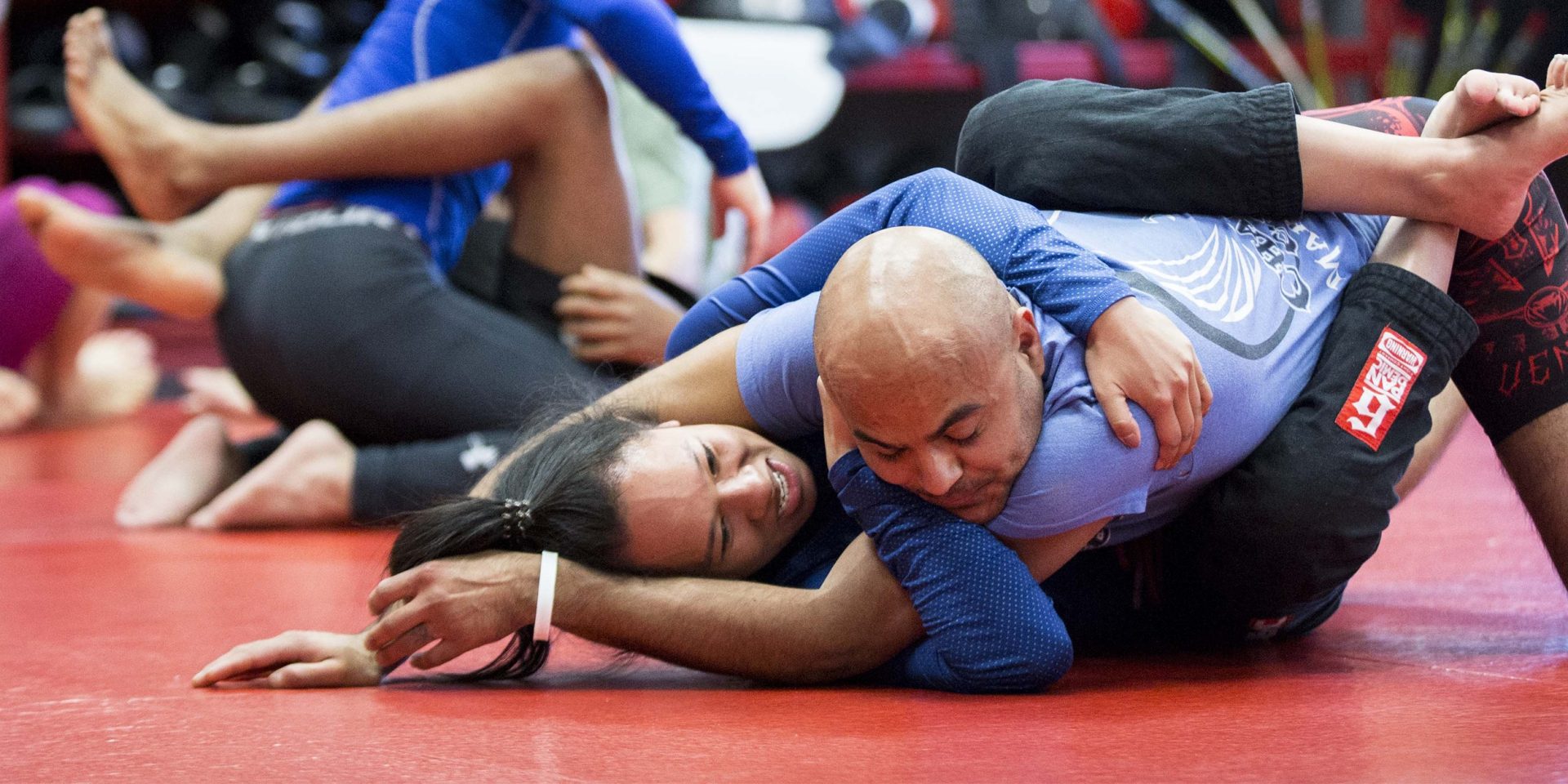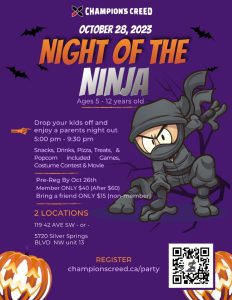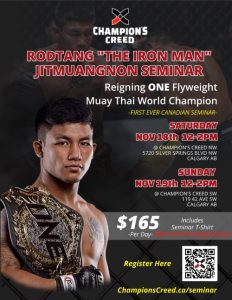For over 40 years, Brazilian Jiu-Jitsu (BJJ) has been practised by more and more people in the U.S.
Introduced to America by the promotion company Ultimate Fighting Championship (UFC), Brazilian Jiu-Jitsu has a huge, dedicated following due to its pragmatic, effective methodology. As a result, BJJ techniques are favoured by those in the mixed martial arts. Perhaps those are some reasons why BJJ is the fastest-growing sport worldwide.
BUT IS THAT THE WHOLE BRAZILIAN JIU-JITSU STORY?
Practitioners of BJJ use adjectives such as “powerful, captivating, addictive” to describe their training experiences. BJJ offers many unique experiences that trigger fulfilling mental changes in its practitioners.
Let’s look further into this martial art form.
THEORY VS PRACTICE IN BRAZILIAN JIU-JITSU
BJJ includes explanations of techniques and the practice and drilling of those techniques. Yet, from lesson one, students must get on the mat and face an “opponent.” Even during an introductory class, face-to-face, body-to-body interactions take place.
This is because BJJ is a pragmatic martial art. The core philosophy is defence in the real world. The goal of BJJ is to equip students with the physical and mental skills to protect themselves. So, from the start, students need to get used to applying these skills in challenging situations that are matched to their BJJ levels.
PHYSICAL CONTACT IN BRAZILIAN JIU-JITSU
In Brazilian Jiu-Jitsu, you are up close and personal with people in the class. This healthy physical contact is one of the biggest benefits of the Jiu-Jitsu experience.
This body-to-body contact between students creates a strong atmosphere of acceptance and affirmation. This causes positive neurochemicals and hormones to be released in our brains and bodies. One of these is oxytocin.
Oxytocin is one hormone often called the “empathy” hormone. When released in our brains, it causes us to feel love and a sense of well-being. It also helps us bond socially. Perhaps that is why students in a Brazilian Jiu-Jitsu class tend to become good friends and stay friends.
Other neurochemicals and hormones are released, which increase our focus, awareness, and feeling that we are a part of the world rather than an outsider.
Being a vital part of a whole helps people avoid loneliness and depression, two widespread “sicknesses” in our world today.
SURVIVOR MODE IN BRAZILIAN JIU-JITSU
Each sparring session is a safe but intense struggle for physical dominance. During every mat session, two BJJ practitioners battle it out, albeit in a protected environment.
To our brains, this battle is real. As a result, we get into a “fight or flight” mode, releasing norepinephrine, adrenaline, and cortisol. The effects are psychological and physiological such as increasing our alertness, heart rate, and respiration. These chemicals also reduce our reaction times while simultaneously making us more aware and focused.
When a Brazilian Jiu-Jitsu practitioner “wins a battle,” they are affirmed in their eyes and in the eyes of others. When they “lose,” they learn to accept defeat and prepare to fight another day. Learning that we can handle both winning and losing is a valuable life skill.
The dynamic nature of Brazilian Jiu-Jitsu is so consistently compelling and offers practitioners opportunities for personal development in every class.





